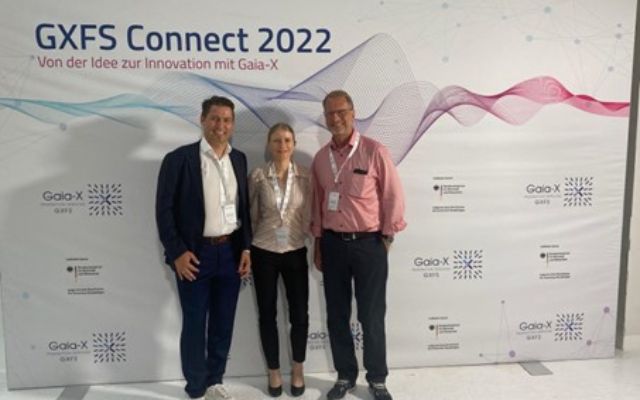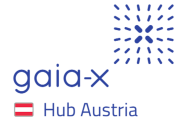
From 7 to 8 September, the GFXS Connect took place in Berlin, which could be attended on-site and remotely (via livestream). Many representatives and leaders behind the Gaia-X initiative met in Berlin. The Gaia-X Hub Austria used the event to network and exchange ideas with speakers and visitors. The first day was characterised by strategy and vision.
Even if there are still many doubters, the first step has been taken with the release of the Gaia-X federation services on GitLab to promote innovation and sovereignty. There is also agreement in both the community and politics that Gaia-X makes an essential contribution to making the complex technical and legal framework accessible to SMEs that do not have the capacities to operate in this environment. Germany, like Austria, is a country of SMEs. The proportion is significant at over 99%. European rules and trust in Gaia-X as the backbone of the European digital future in the data economy are therefore needed. We will not succeed overnight, but Gaia-X is what we all make of it, everyone can participate and contribute their voice. Although this makes development challenging, this diversity in Europe can create something new and relevant. Harald Summa, Managing Director of eco – Verband der Internetwirtschaft e. V., said: “Nobody recognised the importance of the internet in the 90s and Gaia-X seems to me like a déjà vu of the time when the internet went from being the idea of individuals to a vision of many”.
The first day ended with a networking evening event, where we were able to get in touch with other conference guests in a cosy atmosphere and engage in exciting discussions.
Day 2 started with representatives from politics and business and ended with technical deep dives.
Parliamentary State Secretary Dr. Franziska Brantner started the day with her keynote speech in the morning, in which she said that Europe needs digital sovereignty, but that the urgent things should not obscure the important things. Because regardless of whether it’s energy or data monopolies: “It’s true that we have to manage crises today, but we also have to drive the future.” Even in a crisis, one should think about the future, companies should be able to use and share their data in a self-determined way. Afterwards, Iris Plöger, Member of the Executive Board of the Federation of German Industries (BDI), gave a keynote speech on the importance of digital sovereignty and called for the initiatives around Gaia-X to be taken to the next level.
This formulated the expectations of the implementers quite clearly, and Andreas Weiss, Head of Business Unit Digital Business Models at the eco Association, countered with the statement on the panel that “now is the time to bring Gaia-X from theory into practice, because Gaia-X does that, even if it is abstract for many, because it creates the foundations for new digital business models and more resilient IT infrastructures.”
An exciting part on the second day was the topic of the legal framework in Europe. But there were also many questions about the legal framework put to the leaders, Gaia-X makes a contribution to get complex legal frameworks and complex digital business models under one hat in a simplified way and to free the companies and users from risks and you make sure through the cooperations and collaboration in Gaia-X that we all have the same understanding. Rebekka Weiß, Head of Trust and Security (Bitkom), wants to bring technical and legal understanding together in the Gaia-X working groups. “We are developing a common understanding of data spaces and data exchange.” An important task here, she says, is the development of digital identities for future applications. “Identities are central building blocks in Gaia-X.”
Then it was into the deep dives of GXFS, and what parts of the toolbox already exist. There is a good overview on the website, where all functionalities have been summarised on a 2-pager. The speakers make it clear that with the GXFS toolbox you get a hand tool with which companies can bring federations, identities, conformities into a governance structure and orchestrate them via a central portal. Conversely, this means of course that there is no “one size fits all” implementation, and it is now up to the companies to use this toolbox to implement their requirements in their areas. The first step is to describe oneself as a provider, and here too the services provide support. If you want to know more, join us on 29.09. from 10:30 -12:00 at our next Gaia-X Inside #3.
After two days filled with experience sharing, knowledge transfer and networking, we left GXFS Connect 2022 at STATION Berlin. We all took away with us a deeper understanding of the various projects and how close we have all come together to making the potential and promise of Gaia-X a reality.
The entire study of the 11 project participants is now available for download here.


